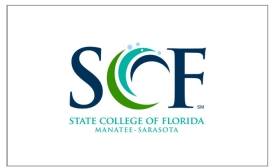Cultural Diplomacy

Bollywood films have long had a place in the hearts of Indonesian audiences, but lately it’s said to have reached feverish proportions, popular not just in urban, but also rural areas. (...) As soft powers go, India’s is actually pretty impressive, covering a wide range of fields. As one writer put it, “from Buddha to Bollywood to BPOs”.
The Berlin Film Festival, held over the weekend, staged the European Film Market event, at which a number of major Sino-French co-productions attracted the avid interest of attendees.
They say that China's soft power is practiced through cultural, educational and other exchanges, to help the country gain international understanding so that it can grow, strengthen and internationalize in a harmonious way.
The Washington, D.C.-based organization has since evolved into a sports diplomacy outfit, encouraging cultural exchanges and donating skateboards and gear to Cuban youth.
The galleries of Asia Society Museum in New York have been a beehive of activity this past week ... as workers readied the space for the grand unveiling of Buddhist Art of Myanmar, the highly anticipated exhibition opening February 10.
Myriam Gómez, the Executive Director of Fundación Imagen de Chile, which promotes Chile overseas, talks about the significance of country branding in today’s competitive world.
Cultural Attaché of the Embassy of Egypt in Azerbaijan and Director of the Embassy’s Cultural Centre Ahmed Sami Elaydy visited the Institute of Folklore of Azerbaijan National Academy of Sciences (ANAS), on February 5.







